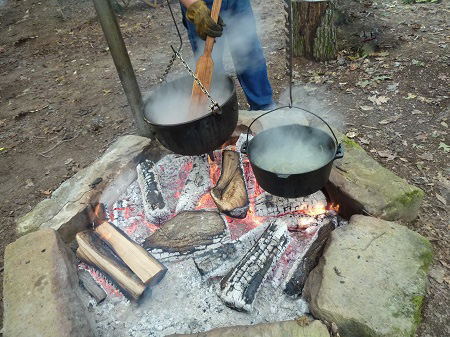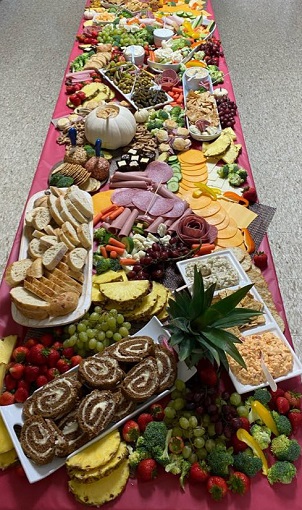A Watched Pot Never Boils
 I am not the world’s best cook. However, I do know how to boil water. I have also learned a watched pot never boils. Oh, it eventually boils if I watch it, but it seems to take forever.
I am not the world’s best cook. However, I do know how to boil water. I have also learned a watched pot never boils. Oh, it eventually boils if I watch it, but it seems to take forever.
I wait. And I wait. And I wait.
When I focus on anything I want done quickly, time drags.
A watched pot never boils means impatient waiting makes the wait feel longer.
Time slows down. This happens when I wait for a:
- Computer screen to refresh
- Favorite meal to cook
- Special visitor to arrive
- Repair to complete
Checking every few minutes only makes my impatience worse. Wanting something done immediately if not sooner does not make it happen any faster.
A focus on other concerns helps relieve anxious waiting.
If I stay busy as a bee, I don’t have time to wring my hands while I wait. When I ignore the pot, it surprises me how quickly it boils.
Patience works better than a watched pot.
Allow the proper amount of time, and any project or activity improves. So does my mood.
A few good reminders:
- Slow down.
- Don’t rush.
- Take it easy.
- Enjoy the moment.
“Be patient, then, brothers and sisters, until the Lord’s coming. See how the farmer waits for the land to yield its valuable crop, patiently waiting for the autumn and spring rains” (James 5:7 NIV).
Thanks to Pat Childress Conner Stapp for the suggestion.
Do you have an expression you want explained or a thought about this one? If so, please comment below.
Subscribe to receive my weekly posts by email and receive a free copy of “Words of Hope for Days that Hurt.”
If you enjoyed this post, please share it with your friends.








